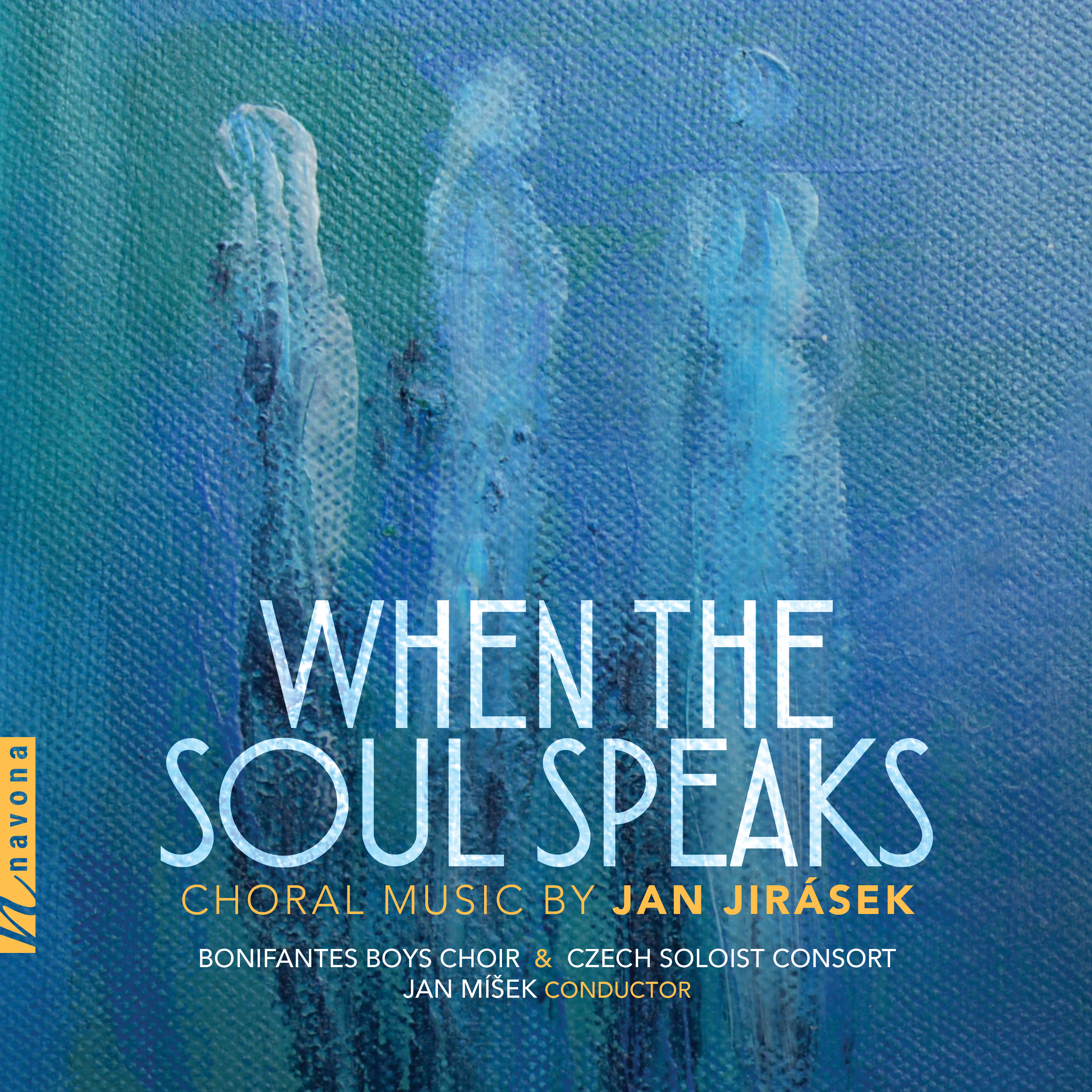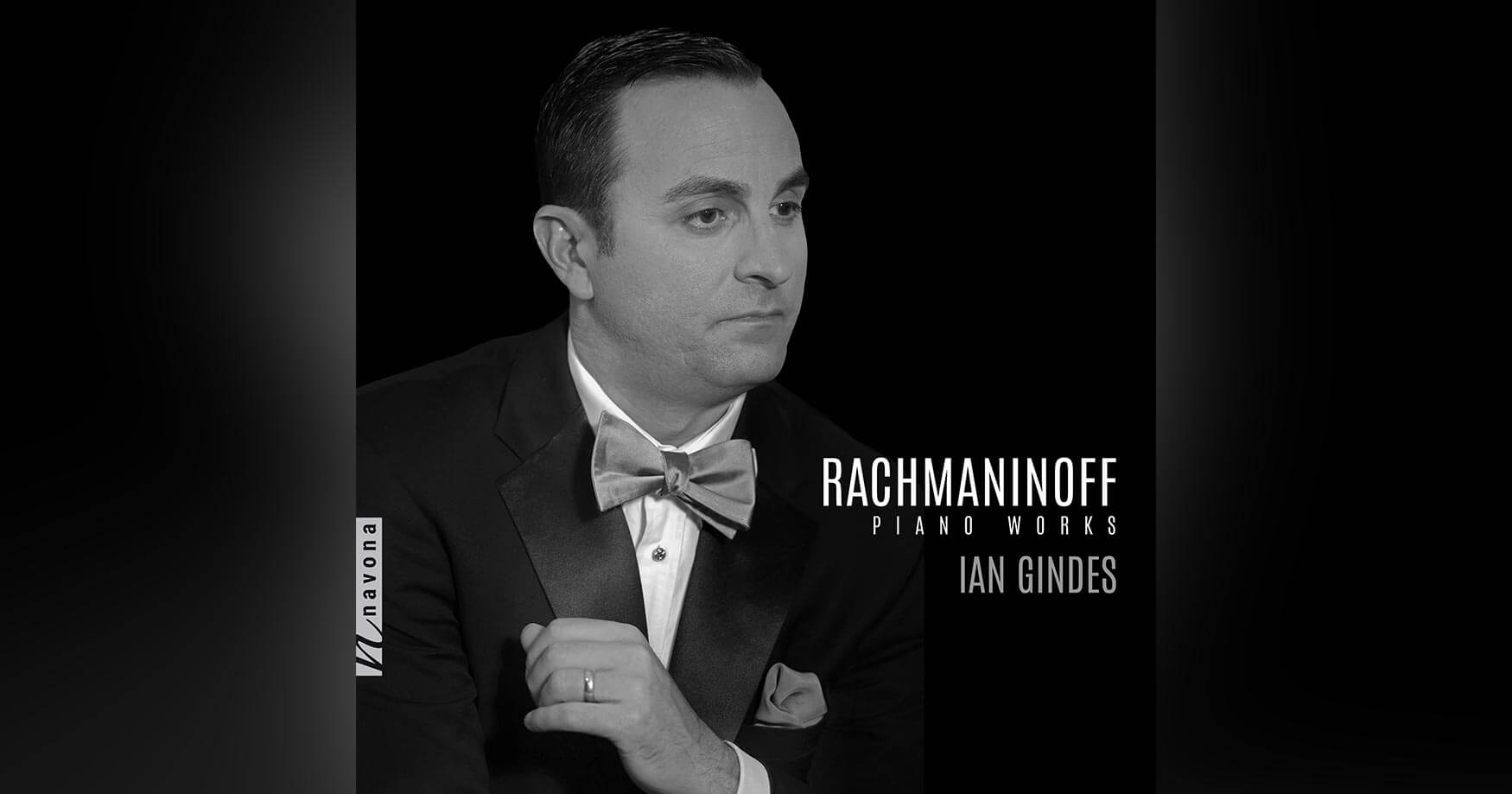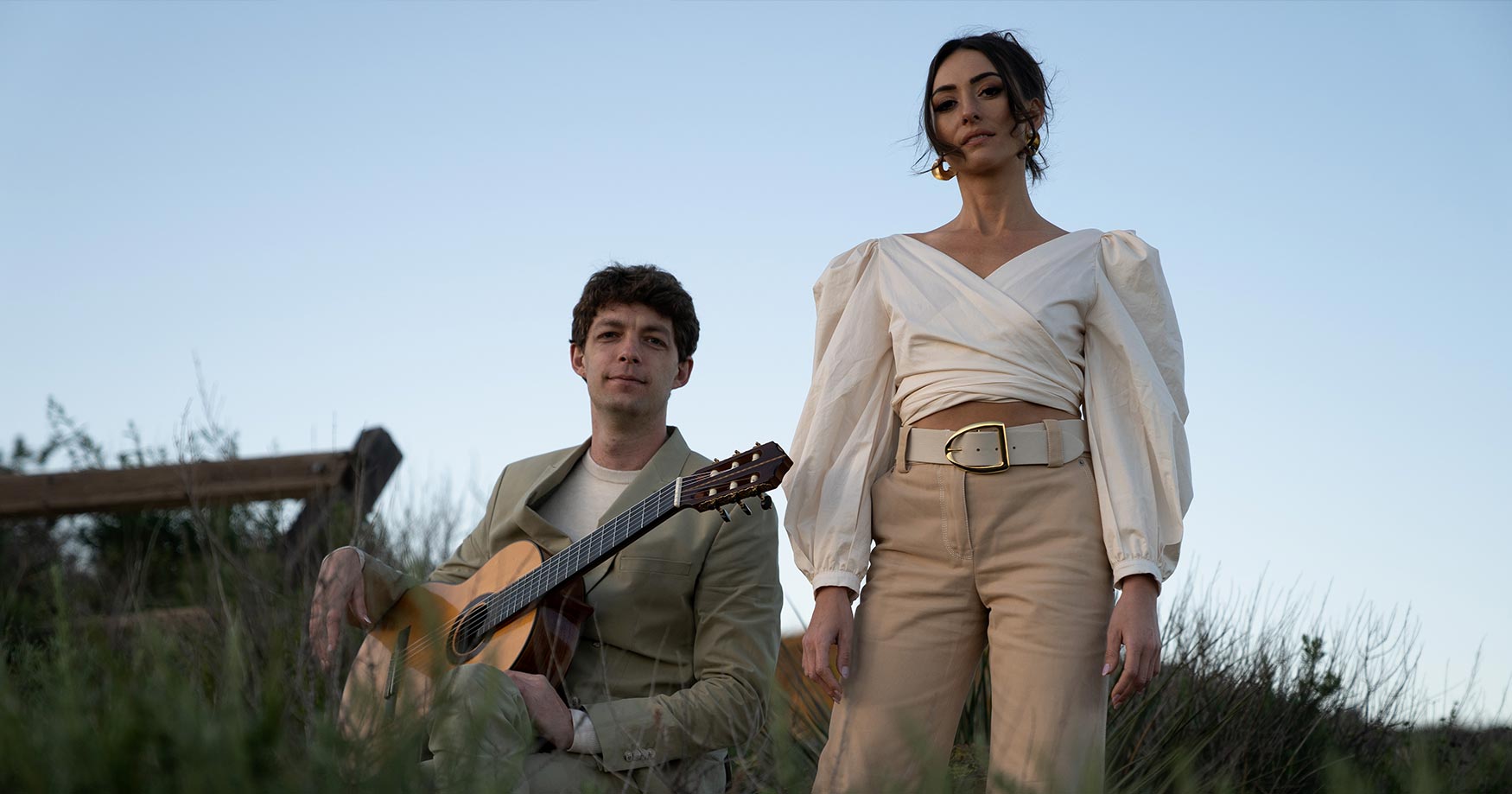Since 1989, esteemed Czech composer Jan Jirásek’s works have been presented on numerous stages and festivals worldwide. Jan composes music for major music houses and interpreters. Examples of his work include his Bread and Circuses composition for six players on percussion instruments, a postmodern arrangement of J.S. Bach’s St. Luke Passion, his Missa propria choral composition performed both in Prague and New York City at Carnegie Hall and Lincoln Center, and many others. Films with Jan’s music have also received several prestigious international awards, such as the Tokyo Sakura Grand Prix Award, the Jerusalem Prize, and others.
Jan also works as an educator. He has taught composition at prestigious universities in the United States and Europe, including the Hartt School of Music; University at Lehigh; University of Colorado at Boulder; Universität für Musik und Darstellende Kunst, Vienna Austria; ISAM, Ochsenhausen Germany; and many others.
Critics have praised his talent and style of composing, stating “Jirásek’s excellent and fine method of work clearly expresses his musical thoughts that, as is the case with every true artist, do not act as a mask for art but represent the face behind it” (BMG Classics 1995). His work is brought to striking life in WHEN THE SOUL SPEAKS, performed by the award-winning Bonifantes Boys Choir and led by director Jan Míšek.
Today, Jan is our featured artist in “The Inside Story,” a blog series exploring the inner workings and personalities of our artists. Read on to learn Jan’s advice for young artists…
What inspires you to write and/or perform?
For a composer, it’s important to have something to say. If you have something to say or, better, if you feel you must say something in music, just do it. Otherwise, it’s better to remain silent.
Tell us about your first performance.
My first piece I performed was in a woodwind quintet. I was very young and had no experience whatsoever. It was quite a terrible experience because I felt like I was standing naked and totally helpless onstage.
If you weren’t a musician, what would you be doing?
I’d be a scientist.
If you could collaborate with anyone, who would it be?
As a film music composer I’d love to cooperate with Steven Spielberg. As a contemporary music composer I’d like to collaborate with Simon Rattle.
What advice do you have for young musicians?
If you have something to say, just say that. If you do not feel that kind of pressure, do something else.
If we looked through your music library, what would we be surprised to find?
Classic rock albums might cause that surprise.
Do you have any specific hopes about what this album will mean to listeners?
It sounds selfish but I always write music for myself to like it in the first place. It’s difficult to write music for someone else. If I feel that I did my best, there is a chance other people will like that as well. That’s my experience. I believe in mutual resonation.
How have your influences changed as you grow as a musician?
I’m always inspired by people. Meeting different kinds of people is the best inspiration for me.
What were your first musical experiences?
Kind of boring piano lessons and great discussions afterword.
How do you prepare for a performance?
As a composer, I dress nicely and try not to spread my nervousness to the audiences.
Where and when are you at your most creative?
In my mountain house. Silence is the greatest inspiration for me.
What are your other passions besides music?
I love traveling, meeting, and working with new people. At the same time, I love wandering in the mountains and being alone with my ideas and imagination.
Who are your musical mentors?
In alphabetical order: Robert Carl, Ofer Ben-Amots, Fredrick Kaufman.

WHEN THE SOUL SPEAKS will be available through Navona Records for streaming or purchase on January 25. Click here to pre-order.



